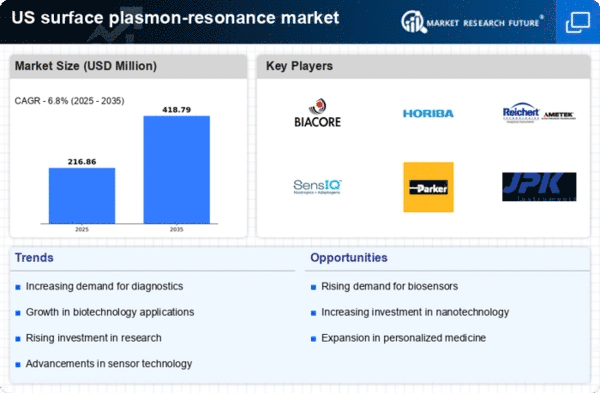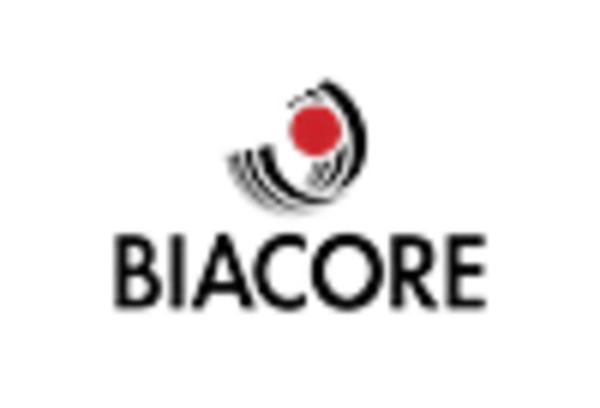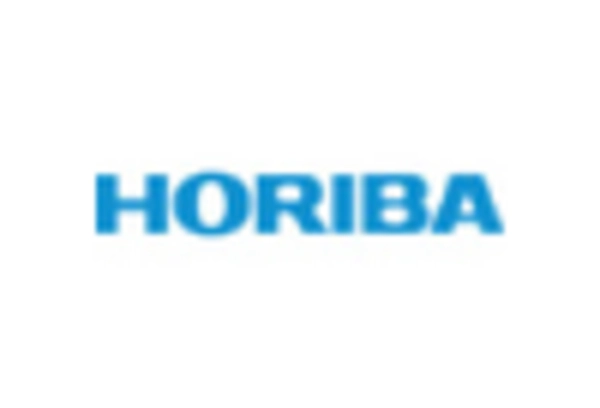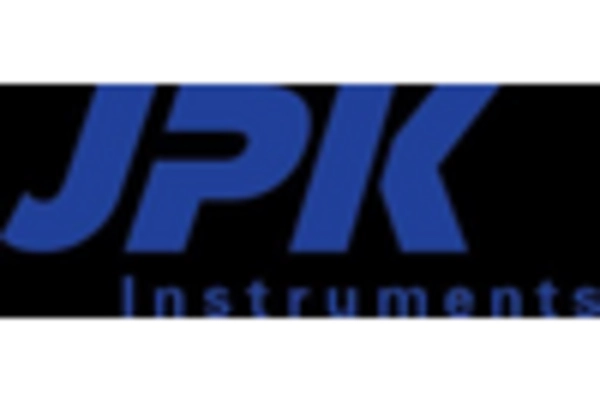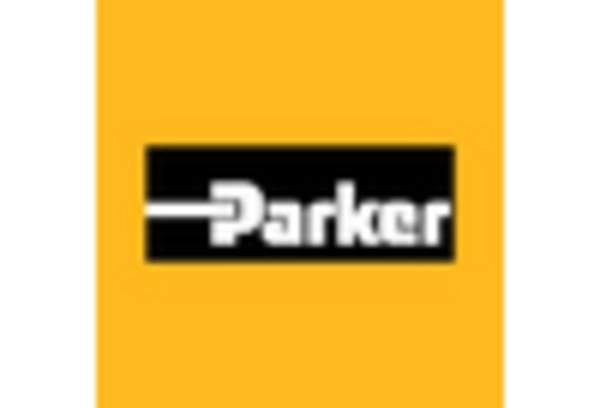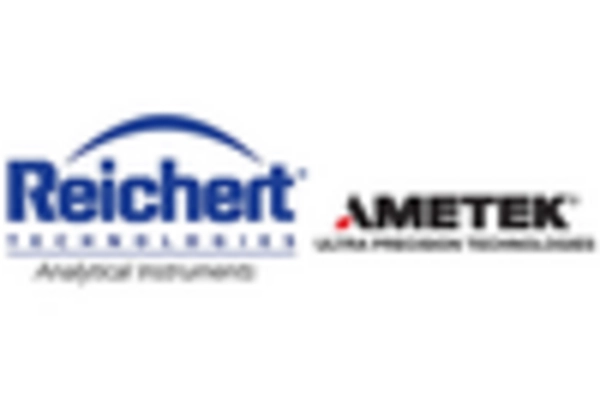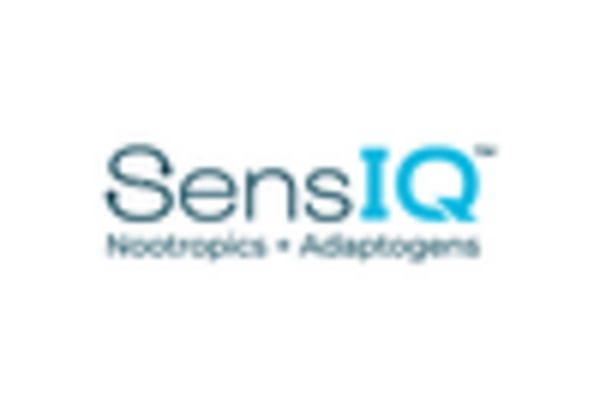The surface plasmon-resonance market exhibits a dynamic competitive landscape characterized by rapid technological advancements and increasing demand for biosensing applications. Key players such as Biacore (SE), Reichert Technologies (US), and SensiQ Technologies (US) are strategically positioned to leverage innovation and partnerships to enhance their market presence. Biacore (SE) focuses on expanding its product portfolio through continuous R&D, while Reichert Technologies (US) emphasizes customer-centric solutions and service excellence. SensiQ Technologies (US) appears to be investing in digital transformation initiatives to streamline operations and improve customer engagement, collectively shaping a competitive environment that prioritizes technological prowess and customer satisfaction.The market structure is moderately fragmented, with several players vying for market share through localized manufacturing and optimized supply chains. This fragmentation allows for diverse offerings, catering to various customer needs across sectors such as pharmaceuticals and biotechnology. The collective influence of these key players fosters a competitive atmosphere where innovation and operational efficiency are paramount, driving growth and market penetration.
In October Biacore (SE) announced a strategic partnership with a leading biotechnology firm to co-develop advanced biosensors aimed at enhancing drug discovery processes. This collaboration is expected to leverage Biacore's expertise in surface plasmon resonance technology, potentially accelerating the development of novel therapeutics. Such strategic alliances not only bolster Biacore's innovation capabilities but also position it favorably within the competitive landscape.
In September Reichert Technologies (US) launched a new line of surface plasmon resonance instruments designed for high-throughput applications in academic research. This product introduction reflects the company's commitment to meeting the evolving needs of researchers, thereby enhancing its competitive edge. By focusing on high-throughput capabilities, Reichert Technologies (US) aims to capture a larger share of the academic market, which is increasingly demanding efficient and reliable analytical tools.
In August SensiQ Technologies (US) unveiled a cloud-based platform that integrates AI-driven analytics with its surface plasmon resonance systems. This innovative approach not only enhances data interpretation but also streamlines workflows for researchers. The integration of AI signifies a shift towards more intelligent and automated solutions, positioning SensiQ Technologies (US) as a forward-thinking player in the market.
As of November current trends in the surface plasmon-resonance market indicate a strong emphasis on digitalization, sustainability, and AI integration. Strategic alliances are increasingly shaping the competitive landscape, enabling companies to pool resources and expertise for enhanced innovation. Looking ahead, competitive differentiation is likely to evolve from traditional price-based competition to a focus on technological innovation, supply chain reliability, and sustainable practices, underscoring the importance of adaptability in a rapidly changing market.


